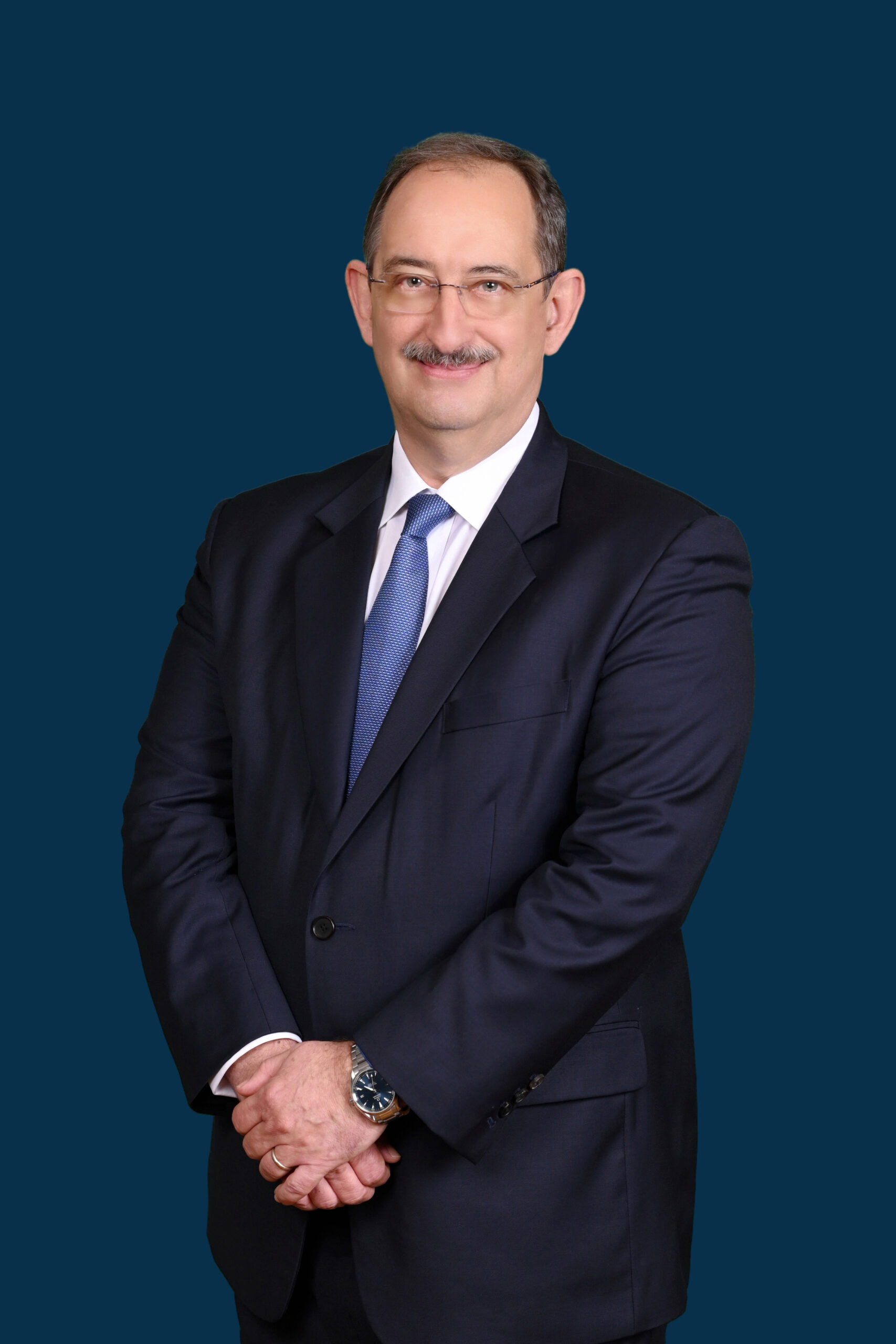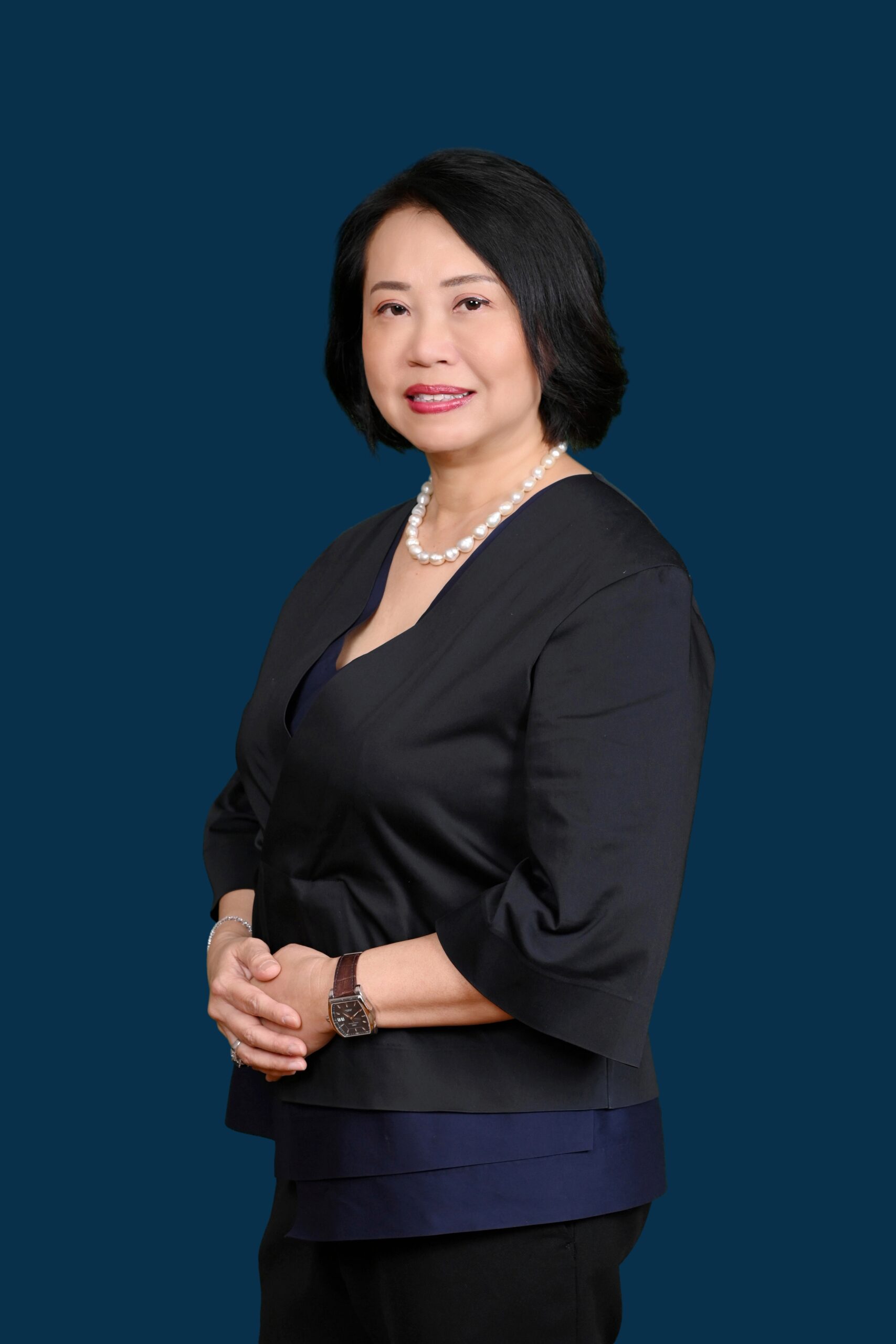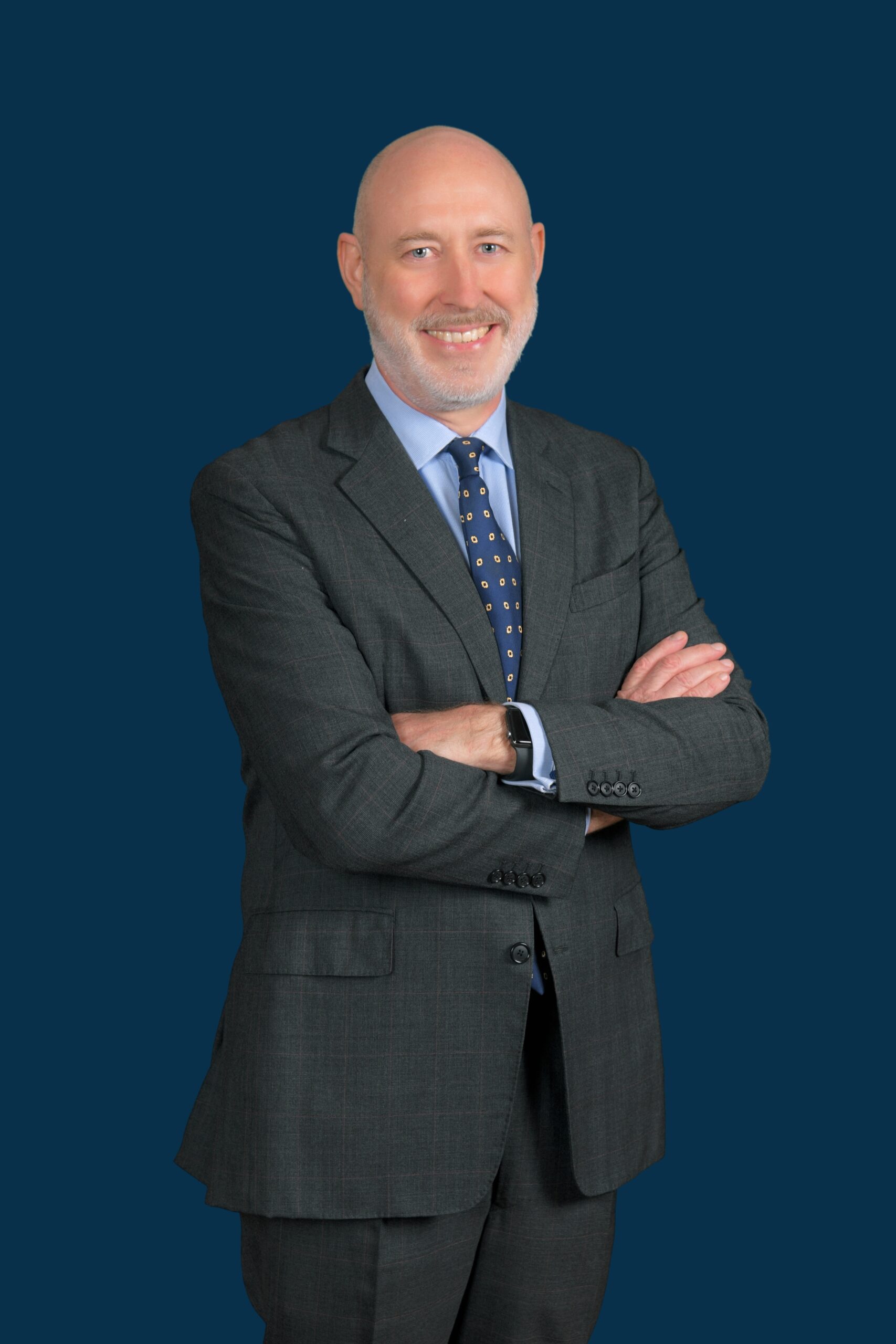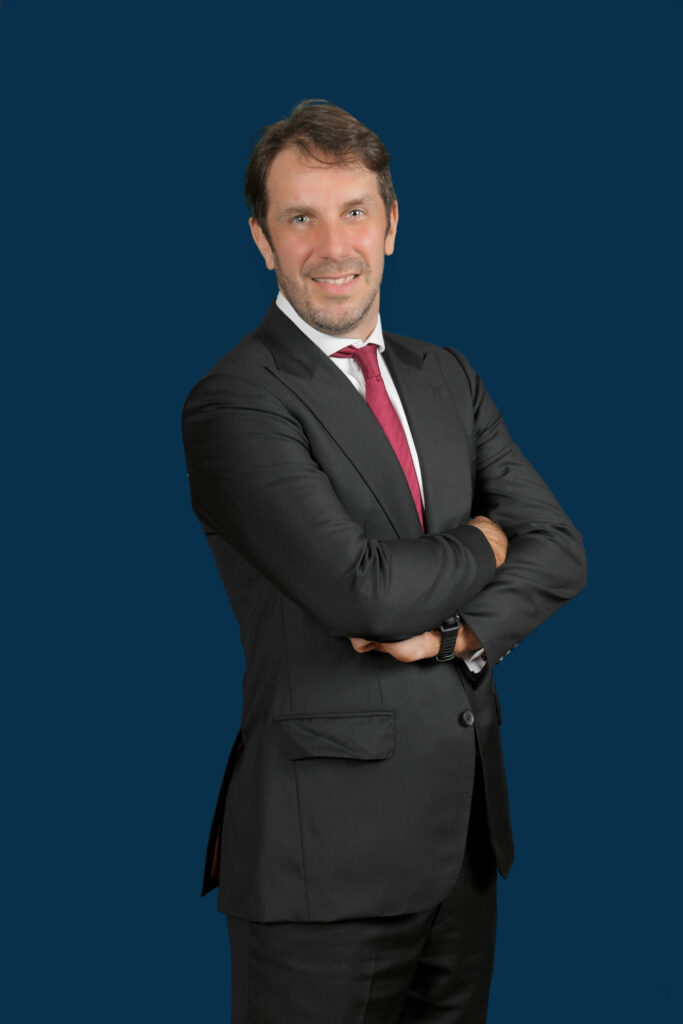How can nuclear energy alongside other low carbon sources help your country or region to achieve their net zero targets?
This was the question posed by the International Atomic Energy Agency (IAEA) at the 2021 Net Zero Challenge to young students and professionals from a variety of energy-related sectors. Ms. Claire Li, Ms. Komal Prashar and Ms. Linda Zeng, three Singaporeans pursuing Law at the London School of Economics, Biomedical Engineering and Management at the National University of Singapore and Philosophy, Politics and Economics at Kings College respectively, readily rose to the challenge.
By proposing to use “Nuclear produced hydrogen for the decarbonisation of the maritime industry”, they wowed the judging panel and emerged as champions out of 71 submissions. A team representative will be attending the UN Climate Change Conference (COP26) that is happening from 31 October to 12 November 2021 in Glasgow. In the lead up to COP26, SMF sits down with the trio to understand the inspiration behind their policy recommendations and how it all started because of an internship with the Nuclear Business Platform as Energy Researchers.
The story began with the search for a summer internship and a shared passion for sustainability.
For Linda, she got to know about the internship with the Nuclear Business Platform through an internship job portal. “I am very interested in the field of energy, and I took a lot of core energy modules in university, although it is more related to international politics and power shifts.”, she says. Nuclear energy was a field that neatly combines her interest in sustainability and energy. Compounded with the lack of discussion around nuclear energy in Singapore, this was a “good opportunity to study more on it”.
Similarly, Claire sought to do “something that was more interest-based” during her summer. Deciding to venture beyond the realms of law, she wanted to look into a “field that would give [her] the freedom to explore” such as sustainability and climate change. Taking on this internship would allow her to “go in-depth into an area of interest that I would not otherwise have the time to dabble in”, she explains.
To Komal, nuclear energy was a “completely different field”. The thirst to try “something new in summer”, together with a passion for climate change and desire to learn more about energy sources was what drove her to enrol in the internship. This opportunity also served to correct her misconceptions on nuclear energy.
As interns, they led a multitude of projects including an individual research project and group efforts such as participating in the IAEA Challenge and a study that examines the youths’ perception of nuclear energy in Singapore.
Given the freedom to craft their individual research topics on nuclear energy as long as there was a business angle, they each embarked on different topics that they “felt was very pertinent to [them]”, says Claire. While Claire embarked on better understanding the financing options on small modular reactors (SMRs), Komal worked on nuclear developments in Sri Lanka and Linda sought to uncover the potential of SMRs in Eastern Europe.
While climate change is just another buzzword to some, for Komal it is a highly personal journey. During an overseas community project in the Philippines, she experienced a transformational moment that solidified her conviction.
“I was in the Philippines, and it was so beautiful. Nature is amazing. I don’t know when the thought came to me, but it suddenly crossed my mind that what if my children never get to see this. That made me think about how we should be doing something now”, Komal shares.
Although Linda did not have the same ‘aha’ moment, she has a longstanding interest in issues related to the climate, especially in relation to politics such as how states negotiate with each other and the governance issues happening at the state, regional or local level. Highlighting that “climate change is a problem of the commons”, she was intrigued by this “power struggle” and “modules in university gradually reinforced the passion”.
Studying geography in secondary school and junior college, climate change has always been on Claire’s mind. The educational exposure drove her to “naturally start thinking of such issues” where she “realised the actions humans have on the planet” and knew that “as individuals we can do so much”. The potential global impact that can be garnered from their IAEA Challenge proposal which allows them to “craft a policy that can affect something bigger, instead of just recycling as an individual”, was also what motivated her to take part in the competition.
Despite being a clean energy source, nuclear energy is still surrounded by numerous negative connotations, one being that it is always weaponised. Illustrating this point, Komal shares that her Primary 3 tutees’ thought her nuclear energy research was for construction of nuclear bombs. “This goes to show that impression is already ingrained in young minds. However, 70% of France’s energy is from nuclear energy and they do not really seem to have nuclear weapons”, she exclaims.
Health concerns is another common misconception. Citing a survey that the team conducted with over 600 Singapore respondents, radiation and health hazards are the main reasons why Singaporeans do not wish to adopt nuclear energy.
“But in reality, the radiation levels are really low and living within 10km of the nuclear plant is akin to eating a banana’s radiation. The deaths at Chernobyl and Fukushima did not happen because of radiation but because there was a deliberate breach of safety regulations and I think more information on this topic has to be disseminated.” – Linda on the importance of educating the public on nuclear energy.
Chiming in, Claire agrees that more needs to be done to educate the public on new safety measures that have been put in place in light of past nuclear energy accidents. This will aid in assuaging the public’s fears.
In their research efforts, the team came across hydrogen-powered cars which is growing in popularity, especially in Japan. With the world’s first commercial hydrogen powered ship coming into the scene this year, coupled with organisations such as Shell doing hydrogen studies, the team felt that nuclear produced hydrogen could be a reality soon.
“We wanted to be as innovative as possible with our solution and not just something that is always talked about. Something that is within the realm of possibility and can happen in the near future that will hopefully inspire policies elsewhere.”- Claire on their brainstorming process for the IAEA Challenge.
Wanting to craft a policy that has a significant global impact, the team set their sights on the maritime industry. Since Singapore has one of the world’s leading ports, the nation has “the ability to influence how maritime is progressing”, Claire observes.
“Upon further research, 17% of the world’s carbon emissions also come from maritime and I don’t think people focus enough on this”, she elaborates. “Singapore was also looking for cleaner sources of fuel for shipping. It was timely that there was a need, and we had a solution”, Komal adds.
On why the team decided to use nuclear produced hydrogen, they noted that “while hydrogen can be produced by using natural gases, it will create more carbon emissions because it must be converted into hydrogen before usage”. As maritime requires large amounts of energy, wind and solar sources will not be able to produce sufficient hydrogen energy to support the industry’s activities.
Given Singapore’s lack of land space, building a nuclear plant is not feasible. Instead, the team proposes importing nuclear produced hydrogen from neighbouring countries and for the nation’s ports to offer a hydrogen refuelling option. Additionally, Singapore is diplomatically well-positioned to “build a network of strategic partnerships and establish trade routes to transport hydrogen”.
Reflecting on Maritime Singapore’s decarbonisation progress, they remarked that it is “extremely heartening that there is a lot more emphasis and effort taken”. Nonetheless, Linda feels that progress must be tracked with a clear follow through plan.
Maritime’s route to decarbonisation holds great promise and with bright minds like Claire, Komal and Linda, SMF looks forward to growing the young talent of tomorrow.





